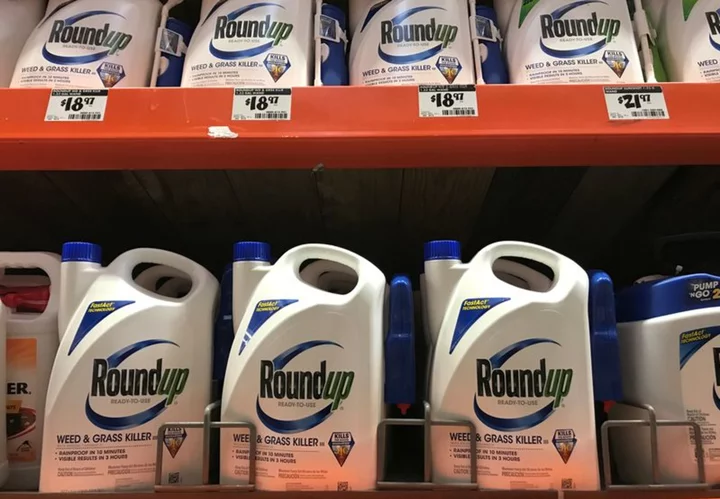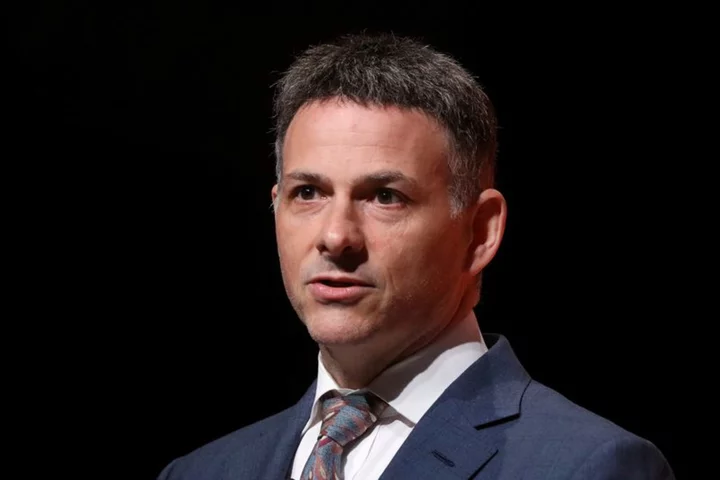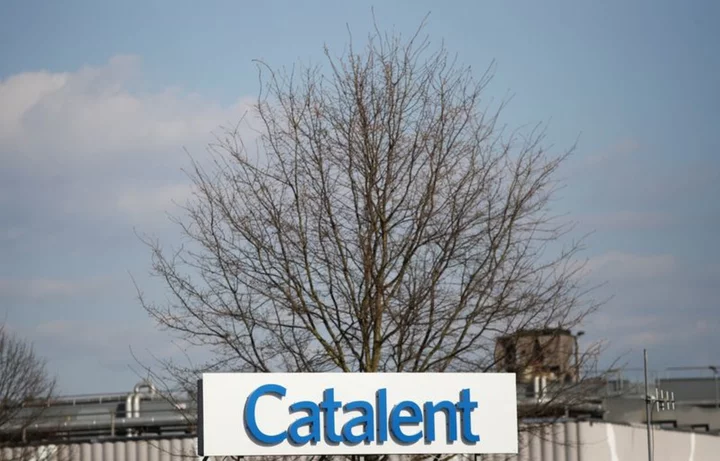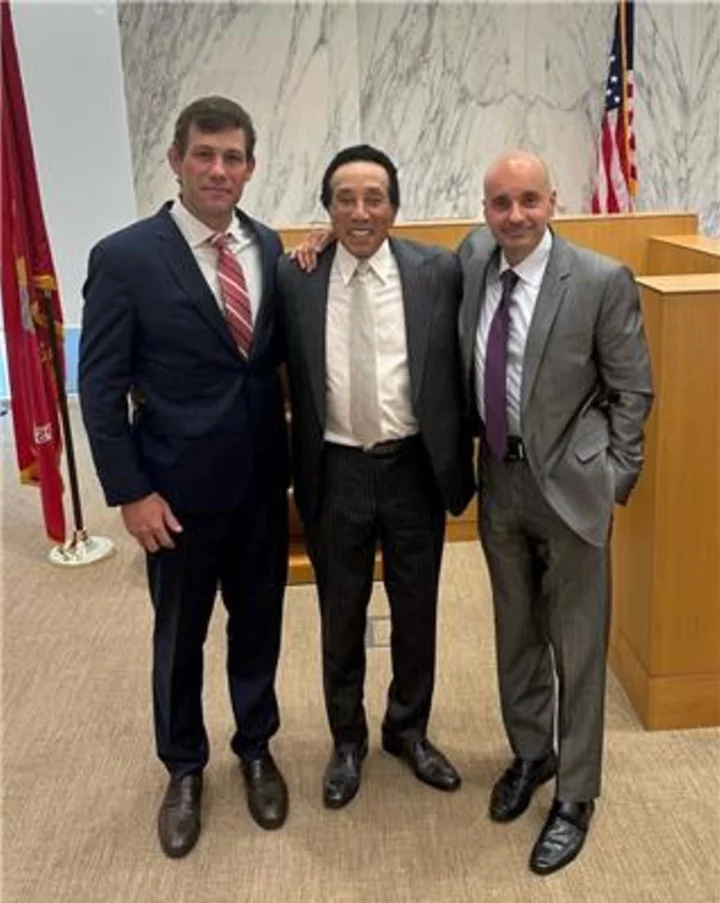By Andrew Chung
(Reuters) -The U.S. Supreme Court on Monday declined to hear a dispute involving a lawsuit against Bayer AG's Monsanto Co that could rein in a common form of settlement in class action cases under which money is awarded to charities and third parties unrelated to the litigation.
The justices turned away an appeal by Anna St. John, an attorney who opposed an agreement for Monsanto to pay more than $39 million to settle claims that the company deceptively labeled certain Roundup weedkiller products. Lower courts rejected the challenge by St. John, who had objected to the settlement because $14 to $16 million of the award would go to consumer non-profit groups and a university that were not injured by the company's alleged misconduct.
At issue in the case are so-called cy pres awards in class action cases that direct money that may go unclaimed or cannot be feasibly distributed to class members to unrelated entities as long as it would be in the interests of the plaintiffs.
Critics have said such awards encourage frivolous lawsuits and excessive fees going to class action attorneys who may seek to benefit their own interests instead. Proponents have said these settlements can put otherwise low-value awards per person to good use by benefiting groups that work for the public good or support underfunded entities.
The Supreme Court in 2019 sidestepped resolving a challenge to cy pres awards in a case involving Google. Conservative Justice Clarence Thomas, dissenting in that case, called cy pres settlements "unfair and unreasonable."
The plaintiffs sued in 2019 on behalf of a proposed nationwide class of individuals who bought certain of the company's Roundup weedkiller products with the allegedly deceptive labeling. Monsanto and the plaintiffs defend the settlement because both sides extended efforts to reach out to as many consumers as possible to file a claim - even increasing compensation to generate more claims - before any leftover money would be used for cy pres distribution.
Class members filed more than 240,000 claims worth more than $13 million. The settlement proposed three cy pres recipients, including the National Consumer Law Center, the National Advertising Division of the Better Business Bureau, and the Center for Consumer Law & Economic Justice at the University of California, Berkeley.
St. John, the sole individual who opposed the settlement, is an attorney at the Hamilton Lincoln Law Institute's Center for Class Action Fairness, which is also representing her in the case. Monsanto has called the group, which advocates against what it considers abusive class action procedures, a "serial objector to class-action settlements."
The group said in court papers that further steps could have taken to distribute the settlement award to class members. In addition, it said the cy pres distribution would infringe St. John's right to free speech under the U.S. Constitution's First Amendment because the chosen recipients would subsidize "left-leaning organizations" that "work against her political beliefs."
A federal judge rejected St. John's objections and approved the settlement, a ruling that the St. Louis, Missouri-based 8th U.S. Circuit Court of Appeals upheld last year.
(Reporting by Andrew Chung; Editing by Will Dunham)









